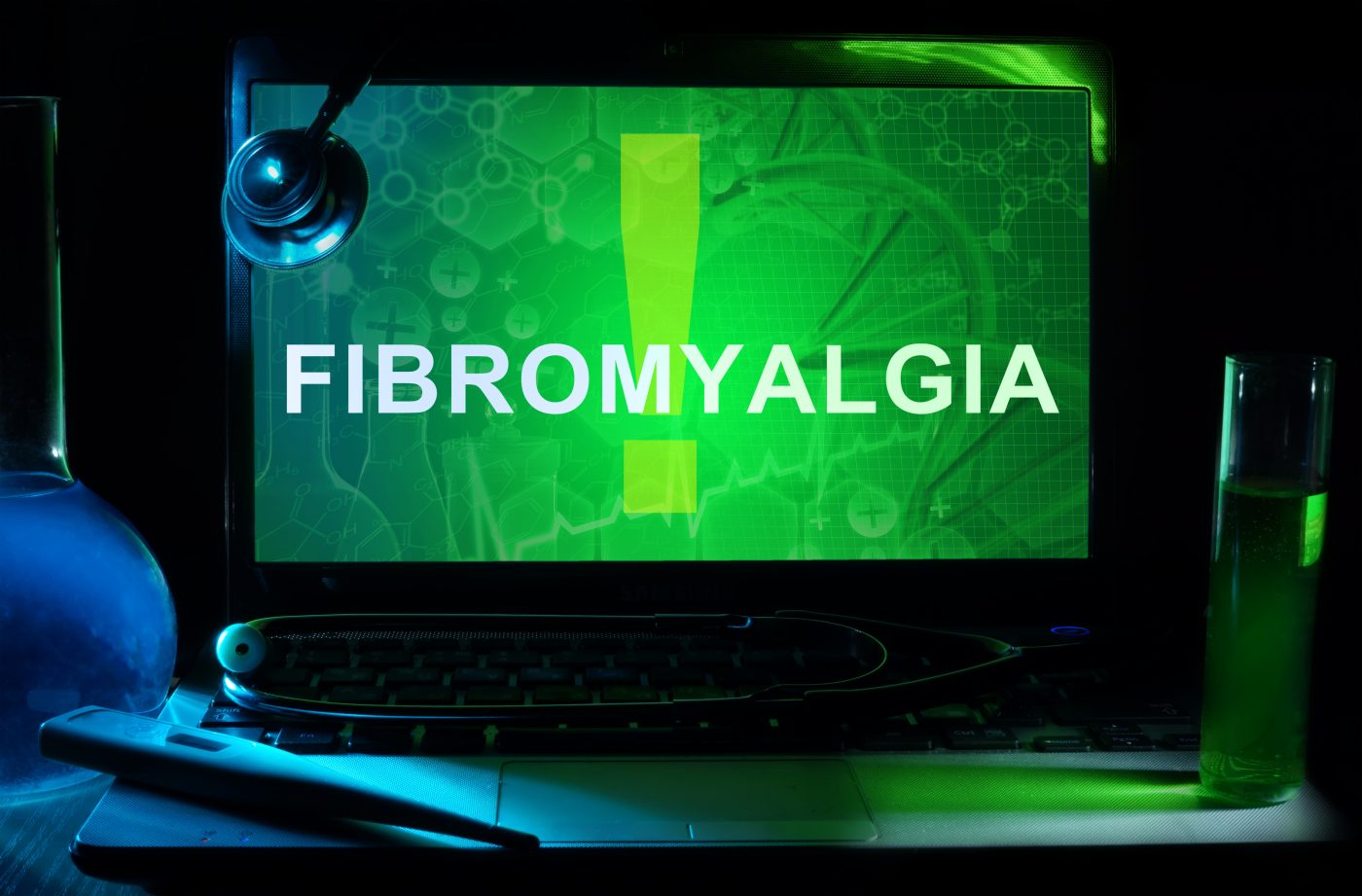 Antidepressant medication Venlafaxine, a serotonin and norepinephrine reuptake inhibitor (SNRI), may be a potential therapy for fibromyalgia. A recent review entitled “A systematic review of the efficacy of venlafaxine for the treatment of fibromyalgia” was published in the Journal of Clinical Pharmacy and Therapeutics by Dr. Luke. A. VanderWeide, part of Dr. Katy E. Trinkley’s group from the Katy E. Trinkley Department of Clinical Pharmacy at the University of Colorado Skaggs School of Pharmacy and Pharmaceutical Sciences.
Antidepressant medication Venlafaxine, a serotonin and norepinephrine reuptake inhibitor (SNRI), may be a potential therapy for fibromyalgia. A recent review entitled “A systematic review of the efficacy of venlafaxine for the treatment of fibromyalgia” was published in the Journal of Clinical Pharmacy and Therapeutics by Dr. Luke. A. VanderWeide, part of Dr. Katy E. Trinkley’s group from the Katy E. Trinkley Department of Clinical Pharmacy at the University of Colorado Skaggs School of Pharmacy and Pharmaceutical Sciences.
Fibromyalgia (FM) occurs approximately in 2% to 8% of the population and is a painful condition, normally accompanied by fatigue, memory problems, and sleep disturbances. The diagnosis of FM is mainly clinical, as specific biomarkers for this condition until now have not been identified. In the U.S., fibromyalgia is noted in approximately 1% and 2% of the population (5 million Americans) and is more common in women (64%).
The non-pharmacologic treatment for fibromyalgia, which includes cognitive therapy, exercise and other multidisciplinary approaches (e.g. biofeedback, acupuncture and chiropractic manipulation) has been well established, as pharmacologic therapy still operates on limited knowledge of the disease and mostly relies on unspecific medications. The most commonly prescribed regimen includes tricyclic antidepressants (TCAs), selective serotonin reuptake inhibitors (SSRIs), non-steroidal anti-inflammatory drugs (NSAIDs) and opioid analgesics and acetaminophen (APAP). Recently, the use of serotonin and norepinephrine reuptake inhibitors (SNRIs) has been based on the findings that low levels of norepinephrine and serotonin may be present in patients with fibromyalgia.
The authors analyzed 5 clinical studies: 4 open-label cohort studies and 1 randomized controlled trial, which all evaluated venlafaxine as a therapy for fibromyalgia. They classified the studies according to the strength of evidence and found that studies assessing the efficacy of venlafaxine in the treatment of fibromyalgia have a number of limitations, including small sample size, inconsistent doses of venlafaxine, no placebo control and blinding. Despite these limitations, venlafaxine seems to be discreetly effective in the treatment of fibromyalgia.
Therefore, the authors concluded that there is an urgent need to conduct a comprehensive, large-scale study in order to fully understand the benefit of venlafaxine as a potential treatment for fibromyalgia.

